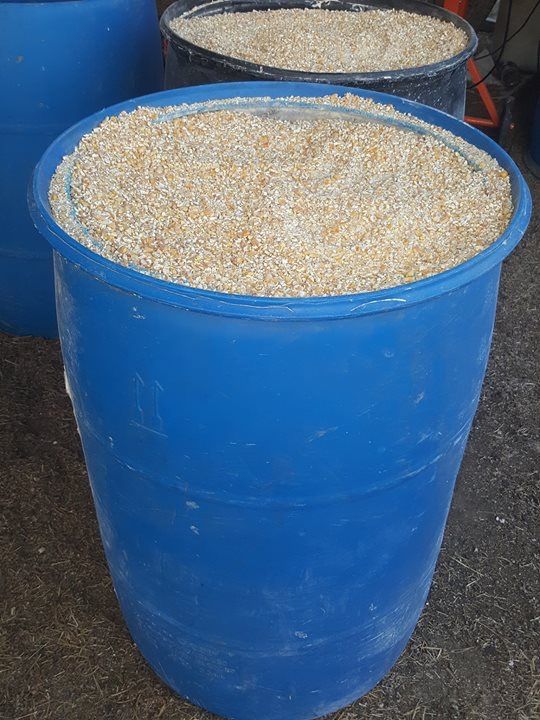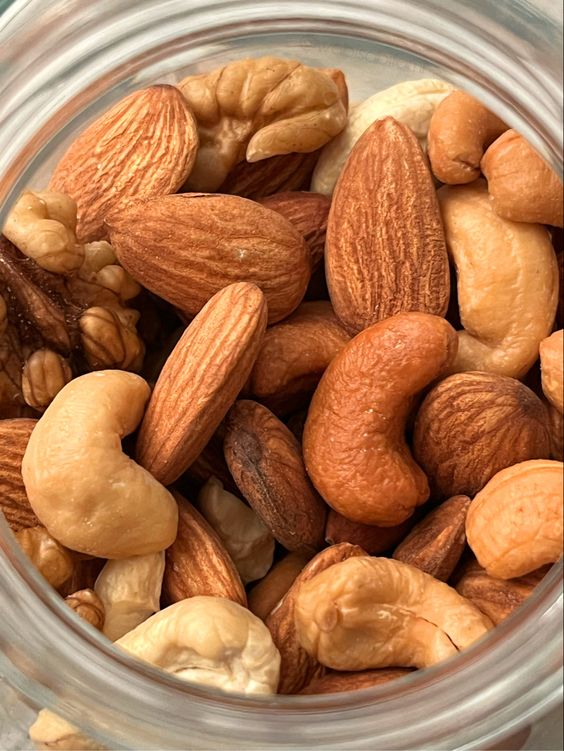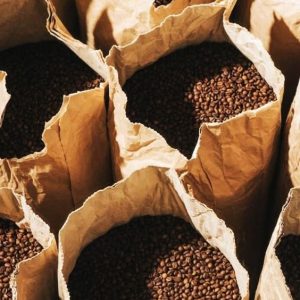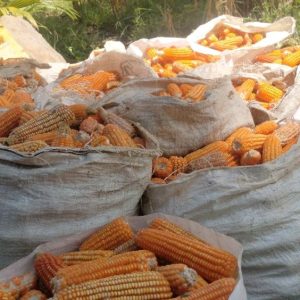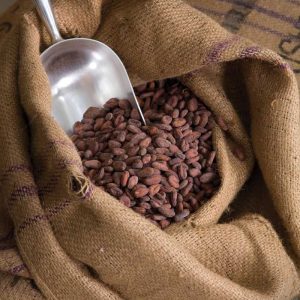Cashew Nuts
Description
Cashew nuts are highly valued for their rich flavor, crunchy texture, and nutritional benefits. They are typically graded based on size, color, and quality. Here’s a detailed specification for cashew nuts:
Cashew Nuts Specifications
1. Grades of Cashew Nuts:
- W refers to “White” or “Whole,” and S refers to “Scorched.”
- Common grades are:
- W180: Large, premium cashews (180 kernels per pound).
- W210: Large whole cashews (210 kernels per pound).
- W240: Popular size, whole (240 kernels per pound).
- W320: Medium-sized cashews (320 kernels per pound), the most common grade.
- W450: Small whole cashews (450 kernels per pound).
- SW (Scorched Wholes): Cashews that are slightly brownish due to roasting.
2. Physical Characteristics:
- Appearance: Whole, kidney-shaped nuts.
- Color: Pale ivory to light ash-white (for white kernels); light brown (for scorched).
- Size: Dependent on grade (e.g., W180 has larger nuts than W320).
- Odor and Taste: Fresh, characteristic cashew flavor, free from rancidity or off odors.
3. Moisture Content:
- Moisture: ≤ 5% (typically 3-5% for optimal freshness and texture).
4. Chemical Composition:
- Free Fatty Acids (FFA): ≤ 1.5% (as Oleic Acid).
- Peroxide Value: ≤ 2 meq/kg (indicates level of oxidation).
5. Nutritional Information (per 100g):
- Calories: 553 kcal.
- Protein: 18.2g.
- Total Fat: 43.8g.
- Saturated Fat: 7.8g.
- Monounsaturated Fat: 23.8g.
- Polyunsaturated Fat: 7.8g.
- Carbohydrates: 30.2g.
- Dietary Fiber: 3.3g.
- Sugars: 5.9g.
- Cholesterol: 0 mg.
6. Grading and Sizing:
- Whole Cashews: Graded by the number of nuts per pound (e.g., W180, W210, W240).
- Broken Pieces: Lower grades are available as split or broken cashew pieces (SP, LP – small pieces, large pieces).
- Scorched Kernels: Cashews that are discolored or scorched during processing (e.g., SW320, SW450).
7. Packaging:
- Bulk Packaging: 10kg, 25kg, or 50kg vacuum-sealed bags.
- Retail Packaging: Available in various retail-sized bags (250g, 500g, 1kg, etc.).
- Packaged in food-grade materials to prevent moisture absorption and ensure product safety.
8. Defects Allowance:
- Broken Kernels: ≤ 5%.
- Foreign Matter: ≤ 0.05%.
- Insect Damage or Mold: Absent.
- Rancidity: Absent.
- Color Variation: Slight discoloration allowed depending on grade (e.g., scorched cashews).
9. Shelf Life:
- Storage: 12-18 months when stored in cool, dry conditions away from sunlight.
- Optimal Storage Conditions: Temperature between 10°C – 15°C (50°F – 59°F) and relative humidity ≤ 65%.
10. Health Benefits:
- Rich in Vitamins and Minerals: Cashews are high in Vitamin E, B6, Magnesium, Phosphorus, and Zinc.
- Heart Health: High in monounsaturated fats, which are beneficial for heart health.
- Bone Health: Contains copper and magnesium, both important for bone strength.
- Weight Management: Provides healthy fats and proteins that aid in controlling hunger.
Applications:
- Culinary Uses: Eaten raw, roasted, or used in cooking, baking, and snacks.
- Processed Products: Cashew butter, cashew milk, and other cashew-based products.
- Industrial Uses: Used in confectioneries, ice creams, and nut mixtures.
These specifications may vary based on origin, processing, and packaging methods. Always confirm with the supplier for compliance with specific quality and safety standards.

